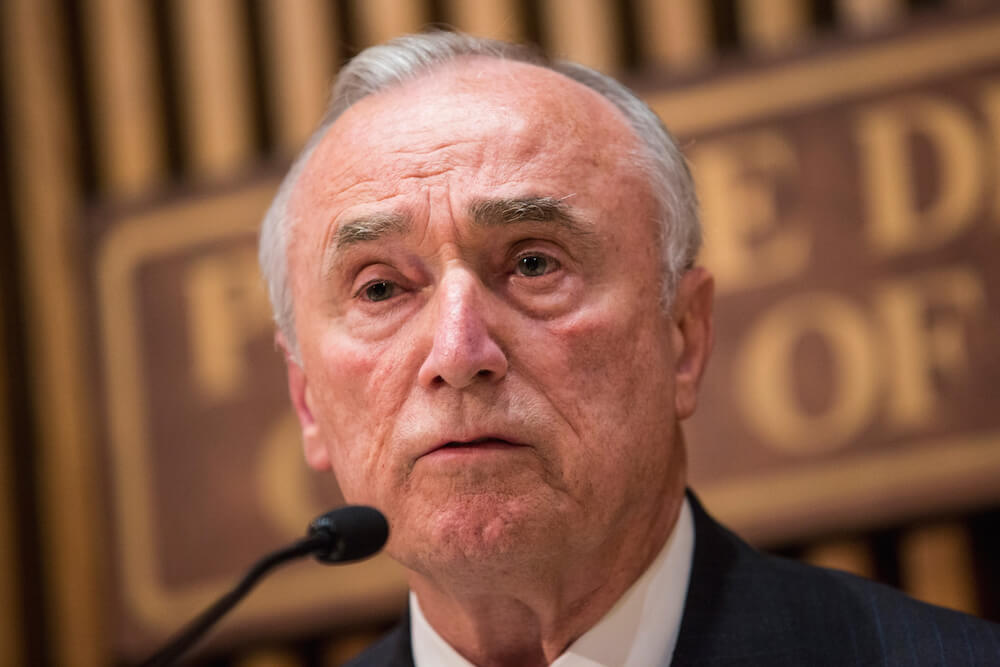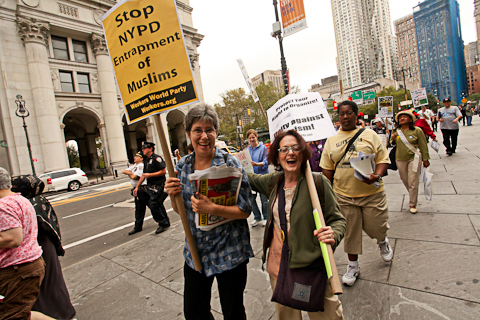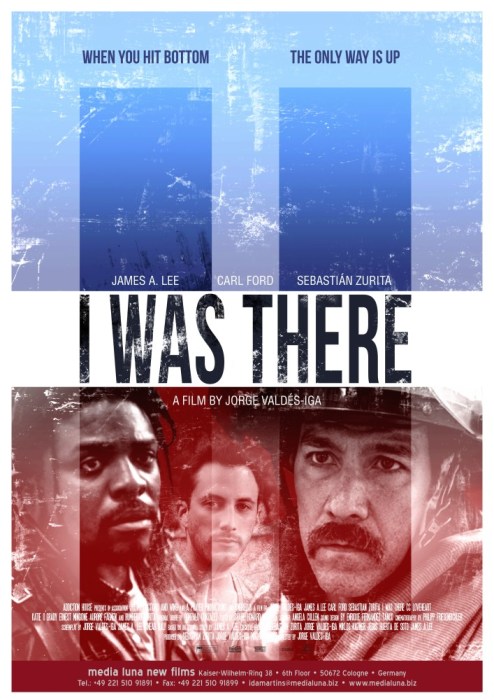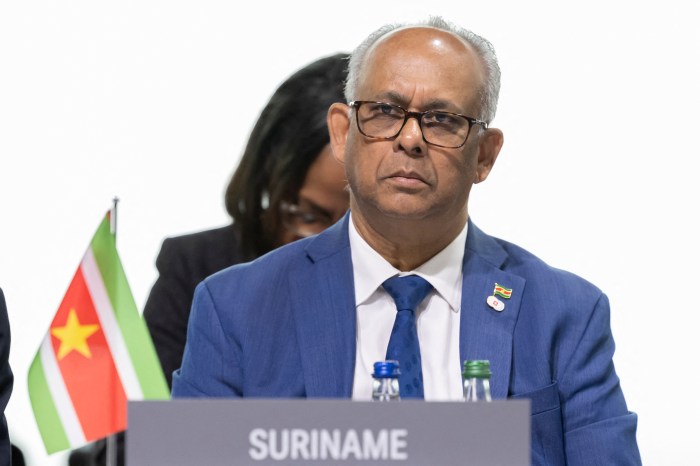New York City’s top cop said certain things about the series of terrorist attacks in Paris on Nov. 13 rival Sept. 11, 2001 as far as police and intelligence efforts go.
“This event is in many respects similar to the events of 911 in terms of the game-changing aspects of it,” said NYPD Commissioner Bill Bratton on Sunday.
RELATED: Bratton: Hatchet attack a terror act
Appearing on two Sunday morning shows, Bratton indicated that the no other city is as prepared to deal with a terrorist plot as New York City is, given its experience with the World Trade Center attack 14 years ago. “We now have a 500-person unit in our counterterrorism bureau that is specially equipped long guns, heavy vests, vehicles that are prepared to on go and protect locations to the ability to go into locations that are under attack,” Bratton said said on ABC’s This Week. The problem, Bratton indicated, is the NYPD’s ability to track down attacks on soft targets not unlike the restaurant or concert venue in Paris where civilians congregate without on-site security. In Paris, officials said security checkpoints at the Stade de France helped prevent at least one suicide bomber from entering the the 80,000-person venue during a soccer match.
RELATED: NYPD beefs up security for local media after Virginia reporters killed The commissioner said police’s efforts to gather intelligence on such attacks is hampered by the Islamic State’s adeptness with technology to mask their movements. Bratton conceded it was too early to say whether the attack in Paris was aided by such technology. “I’ve been complaining about … the ability to go dark. I think you’re going to see that’s going to play a significant factor in this event,” Bratton said. “I’m very interested to see what type of phones they were equipped with, what type of apps they had on those phones, were they in fact in communication with each other at all.” On CBS’s Face the Nation, Bratton repeated concerns about privacy technology outpacing counterterrorism and intelligence.
“We’ve, in many respects, gone blind as a result of the commercialization and the selling of the devices that cannot be accessed either by the manufacturer or — more importantly — by us in law enforcement,” he said. “This is the new paradigm we’re now going to have to deal with.”
Bratton: Paris attacks as ‘game-changing’ as Sept. 11

Getty Images























